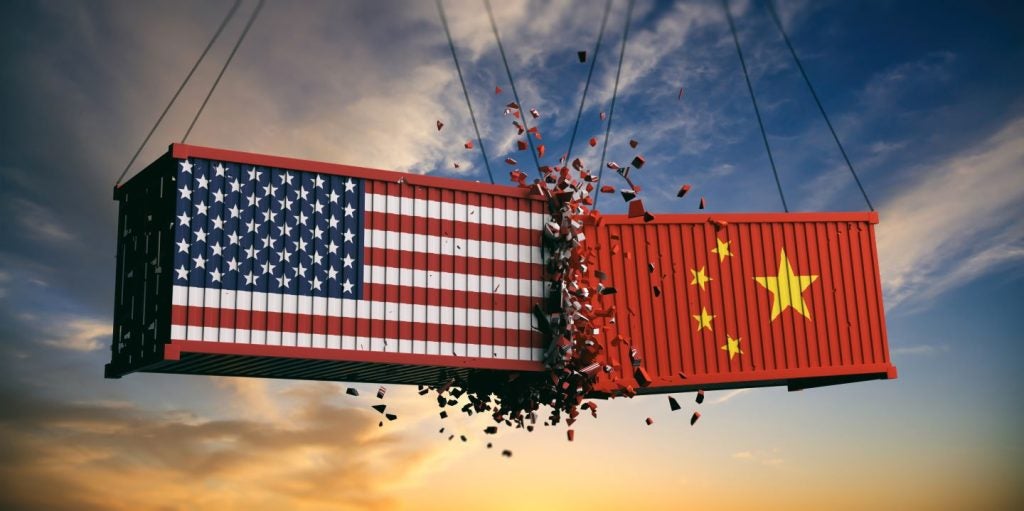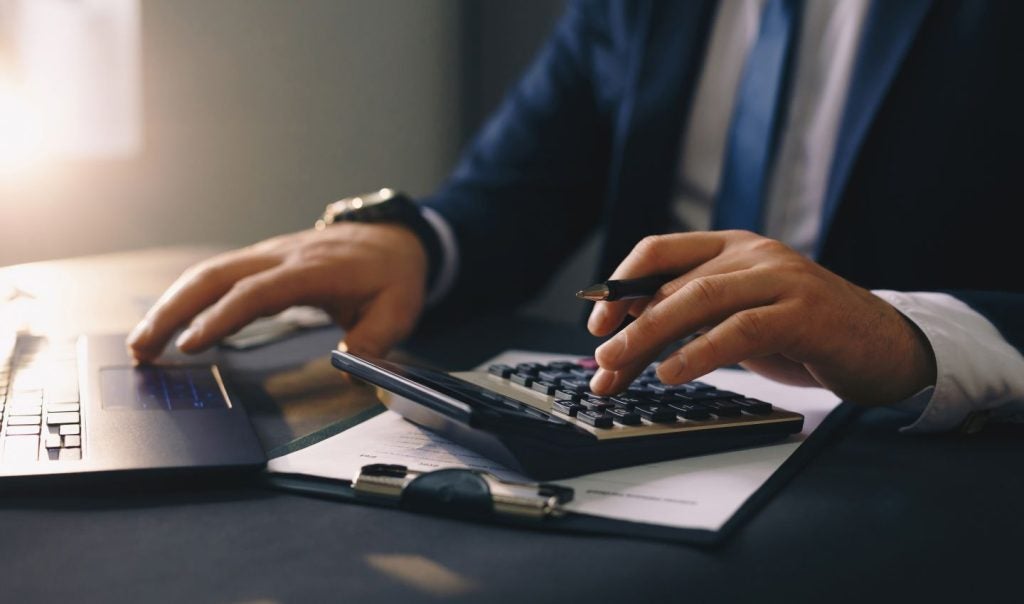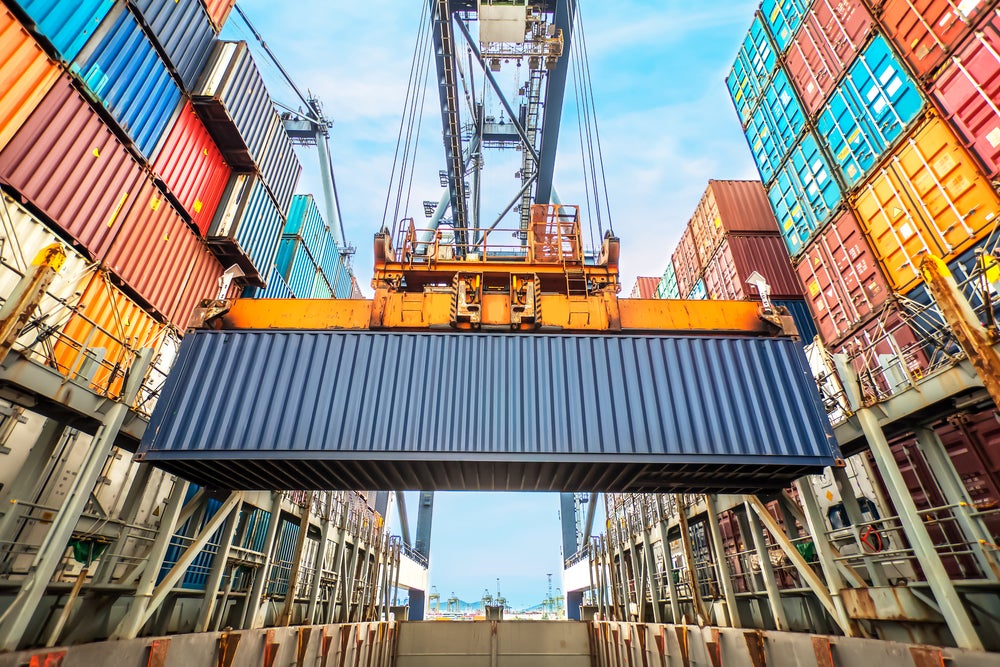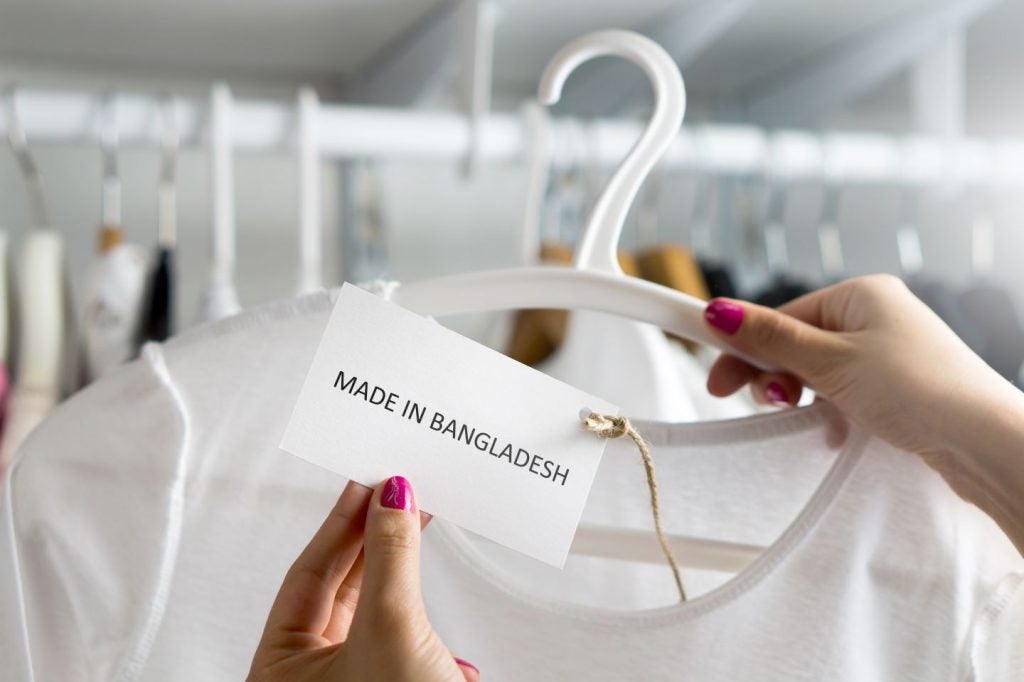Free trade zones drive foreign investment, jobs and growth – but they also unwittingly offer criminals a safe haven for trafficking counterfeit goods, which are a drain on economies and carry health and safety risks, a new report suggests.
The research ‘Trade in Counterfeit Goods and Free Trade Zones’ has been carried out by the Organisation for Economic Development & Cooperation (OECD) and the EU Intellectual Property Office.
It uses data from half a million customs seizures to analyse the impact of the proliferation of free trade zones globally on the international trade in fake products. And it finds that exports of counterfeit and pirated goods from a country or economy rise in parallel with the number and size of free trade zones it hosts.
Comparing growth in free trade zones, measured by the number of firms and employees in the zone, and customs seizure data from around the world, shows that establishing a new free trade zone is associated with a 5.9% rise in the value of counterfeit exports from the host economy.
“This is clear evidence that free trade zones are being used by criminals to traffic fake goods,” says OECD public governance director Marcos Bonturi.
“We want this to be a call for action, and we will be working in the months ahead to help free trade zones step up their efforts to stop illicit trade, while at the same time maintaining their role as facilitators of legal trade.”
How well do you really know your competitors?
Access the most comprehensive Company Profiles on the market, powered by GlobalData. Save hours of research. Gain competitive edge.

Thank you!
Your download email will arrive shortly
Not ready to buy yet? Download a free sample
We are confident about the unique quality of our Company Profiles. However, we want you to make the most beneficial decision for your business, so we offer a free sample that you can download by submitting the below form
By GlobalDataThere are more than 3,500 free trade zones, often located at key ports, in 130 countries or economies in North and South America, the Asia-Pacific region, Europe and Africa, up from just 79 spread across 25 countries or economies in 1975.
The special zones facilitate trade by offering businesses advantageous tariffs and lighter regulation on financing, ownership, labour and immigration, and taxes.
They have helped emerging economies to attract foreign investment and generate jobs and growth, although they have also benefited wealthier economies such as the United States, Singapore and Hong Kong.
Another OECD report published earlier this month, ‘Governance Frameworks to Counter Illicit Trade,’ pointed to poor oversight of free trade zones, insufficient screening of small parcels and inconsistent penalties on shippers of fake goods as three key areas where lax policy is facilitating trafficking of fake goods.
As well as infringing trademarks and copyright, counterfeit and pirated goods entail health and safety risks, product malfunctions and loss of income for companies and governments.
Earlier OECD work has shown that 2.5% of imported goods worldwide, and 5% of European Union imports, are fakes – with US, Italian and French brands the hardest hit. Most originate in middle income or emerging countries, with China the top producer.
Fake products crop up in everything from handbags and perfumes to machine parts and chemicals. Footwear is the most-copied item.







